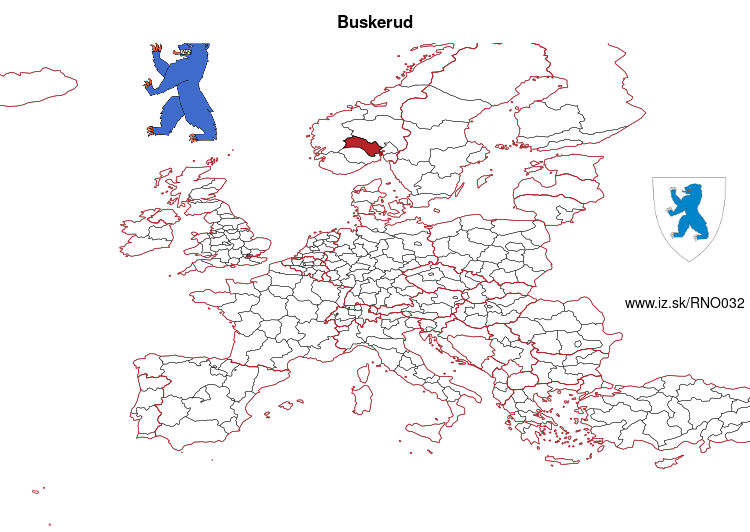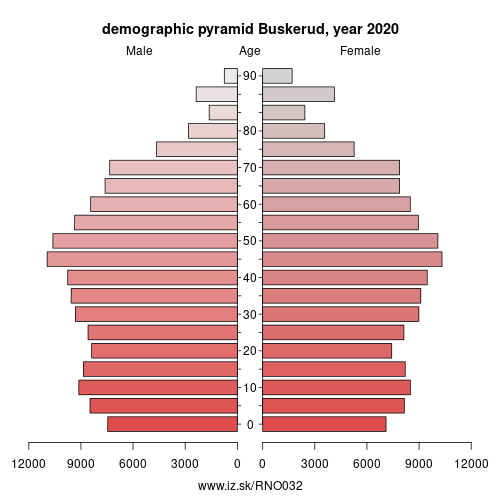- About us»
- Net income calculator»
- Population aging»
-
-
- Unemployment structure in the Visegrad region
- Development in least developed regions
- Detailed statistics of least developed regions in Slovakia
- Statistics of the least developed regions in Slovakia
-
- Average wage
- Material need benefits
- Meal allowance
- Counties of Slovakia
- Inflation
- Living and Subsistence Minimum
- Unemployment of Czechia and Slovakia
- NACE Classification
-
- Life expectancy
- Gender differences
- Youth unemployment and NEET
- Minimum wage in EU
- Unemployment rates of different age groups
- Share of salaries on GDP
- Long term unemployment
- NEET
- Unemployment rate
- Percentage of employees ususally working at nights
- Employment rate
-
- Bratislava and surroundings
- Kopanice
- Danube river
- lower Vah river
- middle Vár river
- upper Nitra river
- lower Nitra river
- Mining cities
- Kysuce a Orava
- upper Vah river - Liptov
- Spiš cities
- upper Hron river
- Juhoslovenská kotlina
- Košice fold and Torysa river
- upper Zemplín
- lower Zemplín
- EU regions
- NUTS3 regions of Slovakia
- LAU1 dataset
-
-
- Projects and activities
- Inclusive growth»
- Good work
- Project SKRS
- Social system – reality and vision
- Library
-
- Education of unemployed
- Young unemployed not taking part in education
- Proposal to change the system of education funding
- News»
- Contact
Buskerud – NO032
EU regions: Norway > Norway > Sør-Østlandet > Buskerud

| Indicator | Period | Value |
|---|
Buskerud slovensky: NO032
Demographics
| Indicator | Period | Value |
|---|---|---|
| Demographics | ||
| number of inhabitants | 2020 | 285 336 |
| population density | 2020 | 20.2 |
| old-age dependency ratio | 2020 | 29.2 |

From Wikipedia : Buskerud (Urban East Norwegian pronunciation: [²bʉskərʉːd] (listen)) is a county in Norway, bordering Akershus, Oslo, Oppland, Sogn og Fjordane, Hordaland, Telemark and Vestfold. The county extends from the Oslofjord and Drammensfjorden in the southeast to Hardangervidda mountain range in the northwest. The county administration is located in Drammen. Together with Akershus and Østfold, Buskerud will form the new, larger county Viken, from 1 January 2020.
Etymology
The county is named after the old manor Buskerud (Old Norse: Biskupsruð) located on the west side of the Drammen River in Åmot, Modum municipality. The first element is the genitive case of biskup, 'bishop' (referring to the Bishop of Hamar), the last element is ruð n 'clearing, farm'. The farm was one of the largest in Buskerud, and the original name of the farm (before it became a benefice) was probably Modum. At the time of the Reformation (c. 1536–39) the farm became property of the Crown at which time the farm then served as the residence of the king's bailiffs until 1668.
Geography
Buskerud extends from Hurum at the Oslofjord to the Halling mountains and Hardanger. The county is conventionally divided into traditional districts. These are Hallingdal, Numedal, Ringerike, Lower Buskerud, which was originally part of Vestfold, and Western Vingulmark.
Hallingdal consists of Flå, Nes, Gol, Hemsedal, Ål and Hol.
Other: Sør-Østlandet, Østfold, Buskerud, Vestfold, Telemark
Neighbours: Sogn og Fjordane, Akershus, Oppland, Telemark, Oslo, Vestfold, Hordaland
Suggested citation: Michal Páleník: Europe and its regions in numbers - Buskerud – NO032, IZ Bratislava, retrieved from: https://www.iz.sk/PNO032, ISBN: 978-80-970204-9-1, DOI:10.5281/zenodo.10200164

 Share
Share Facebook
Facebook Twitter
Twitter News
News